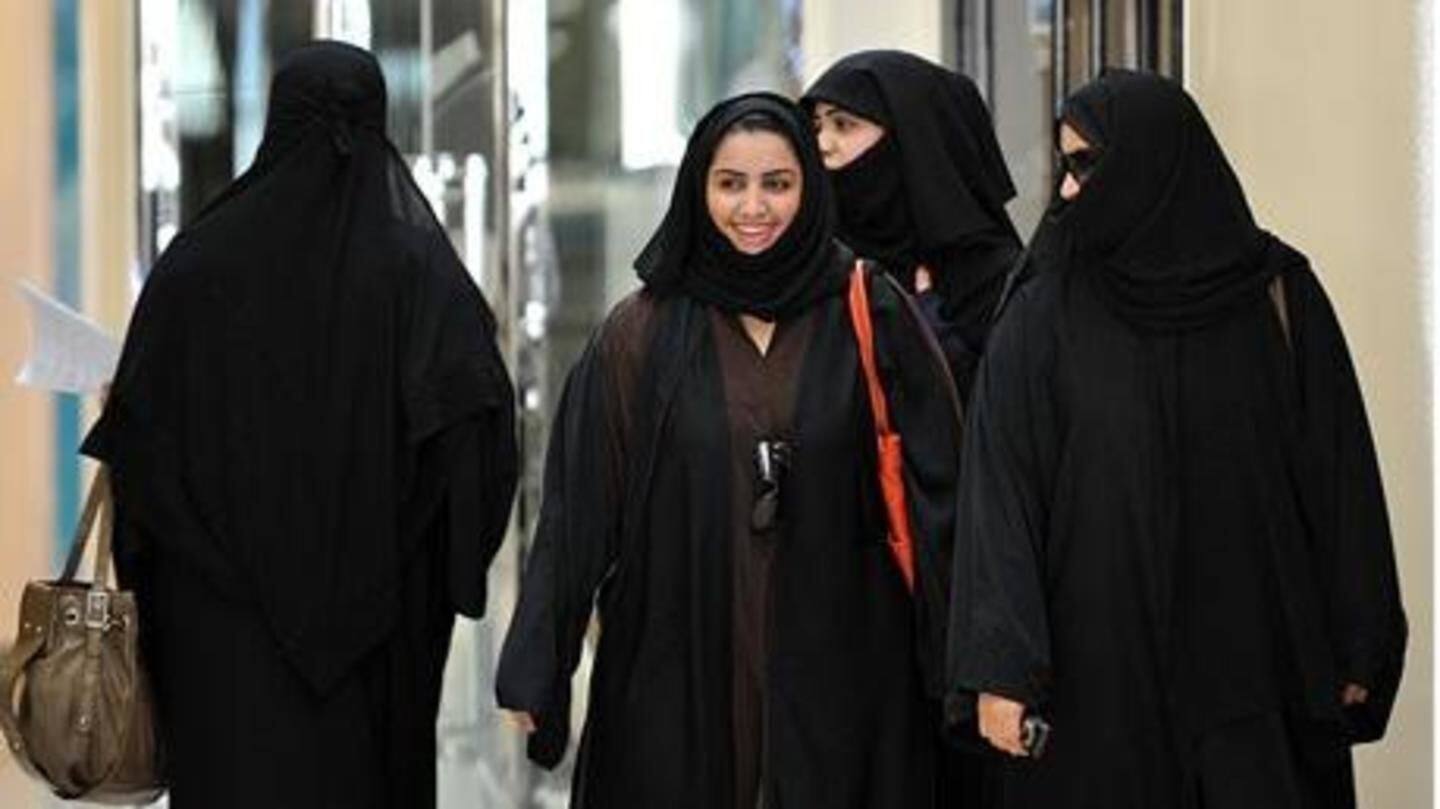
Taking another step towards liberalization, Saudi Arabia criminalizes sexual harassment
What's the story
Saudi Arabia has passed a new law to criminalize sexual harassment, less than a month before the conservative Kingdom lifts its decades-long ban on women driving, state media said. The Kingdom's Shura Council, which advises the cabinet, passed a draft law on Monday which would introduce a prison term of up to five years for violators and a maximum penalty of 300,000 Riyals.
Liberalization drive
Highly publicized liberalization drive by Crown Prince Mohammed bin Salman
The move is part of a highly publicised liberalization drive launched by powerful Crown Prince Mohammed bin Salman, who has also ended a decades-long ban on cinemas, allowed mixed-gender concerts, and clipped the powers of the long-feared religious police. However, the recent arrests of at least 11 activists, identified as veteran women campaigners do not seem to go together with the social reforms.
Activists case
4 out of 11 activists were released last week
Without naming those detained, authorities have accused the women campaigners of "suspicious contact with foreign parties", providing financial support to enemies and attempting to undermine the Kingdom's security and stability. State-backed media branded some of the detainees as "traitors" and "agents of embassies". At least four were released last week, campaigners including Amnesty International said, but the fate of the others remains unclear.
Targets
Co-founder of the ACPRA also arrested; subsequently released
"It is perplexing why both women and men engaged in campaigning for such developments are now being targeted by the authorities," the UN High Commissioner for Human Rights office said Tuesday. Authorities last week also arrested Mohammed al-Bajadi, co-founder of the Association for Civil and Political Rights (ACPRA), one of the few independent human rights groups in Saudi Arabia, but was subsequently released.
Quote
Silencing the rebels
"The Saudi Government seems so consumed with silencing dissent that even activists who have gone quiet for fear of retribution are being targeted again," said Sarah Leah Whitson, Middle East director at HRW.